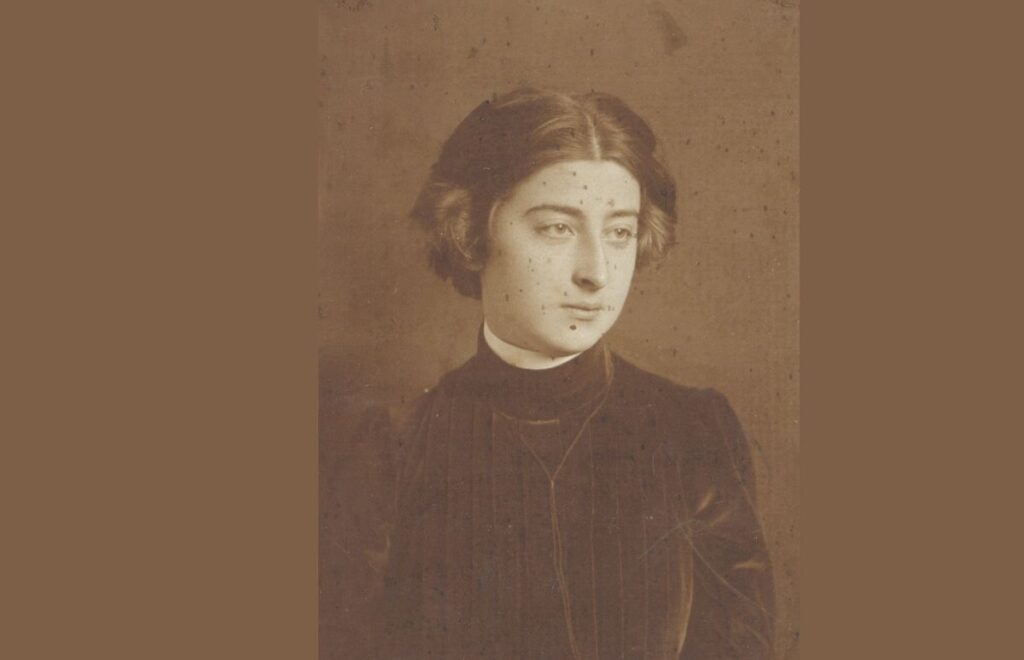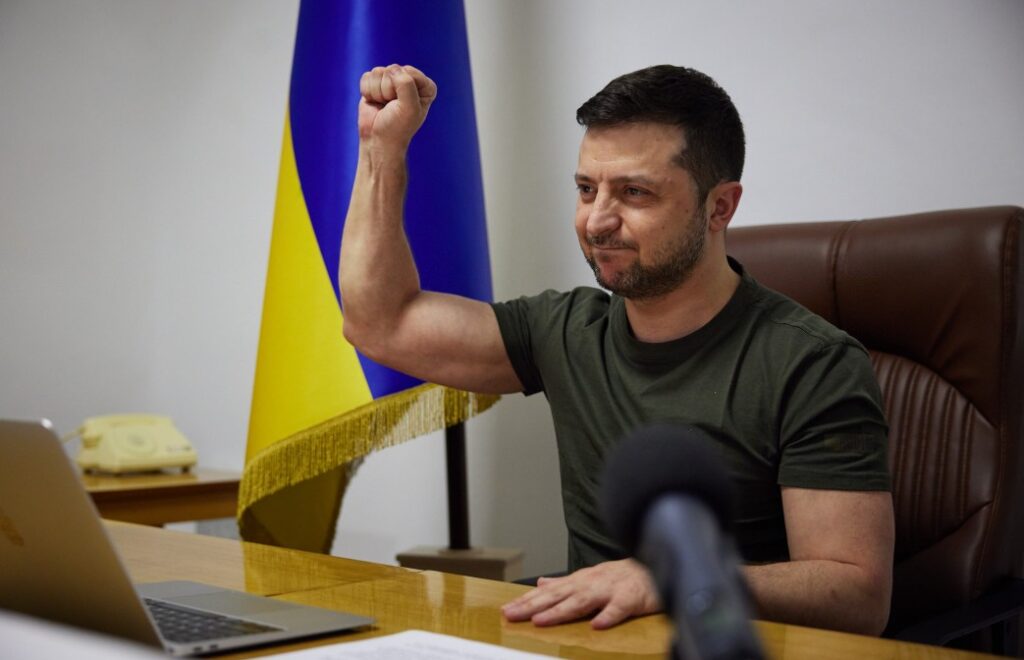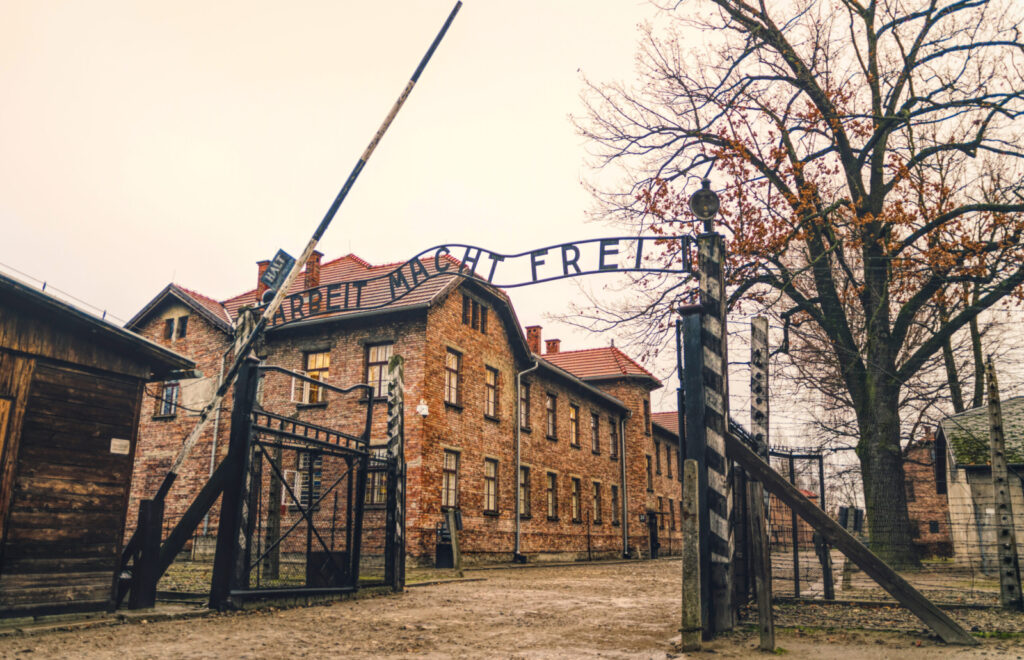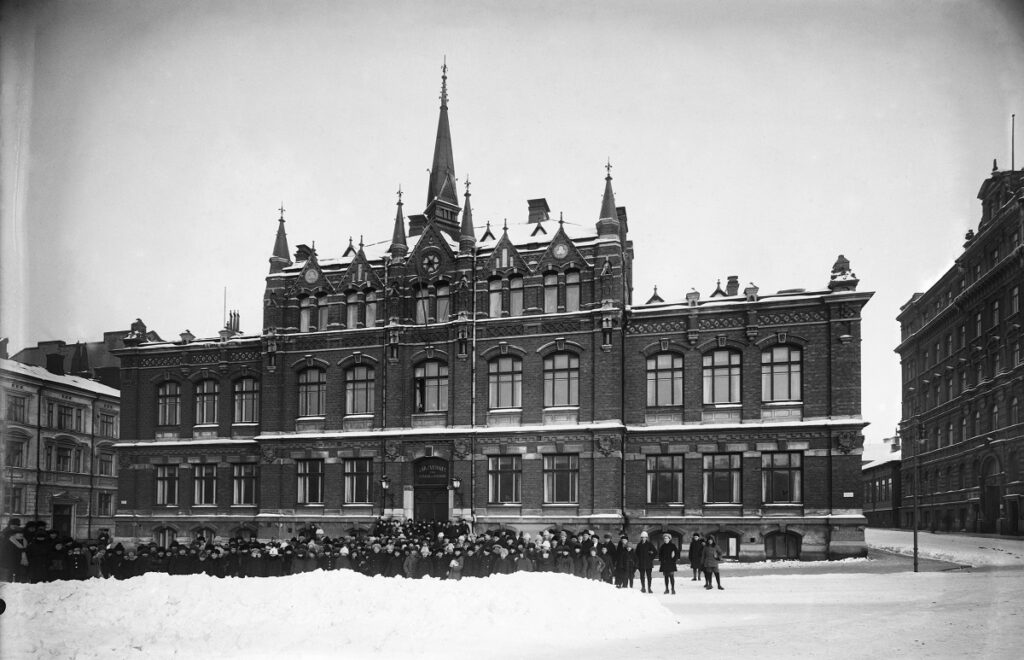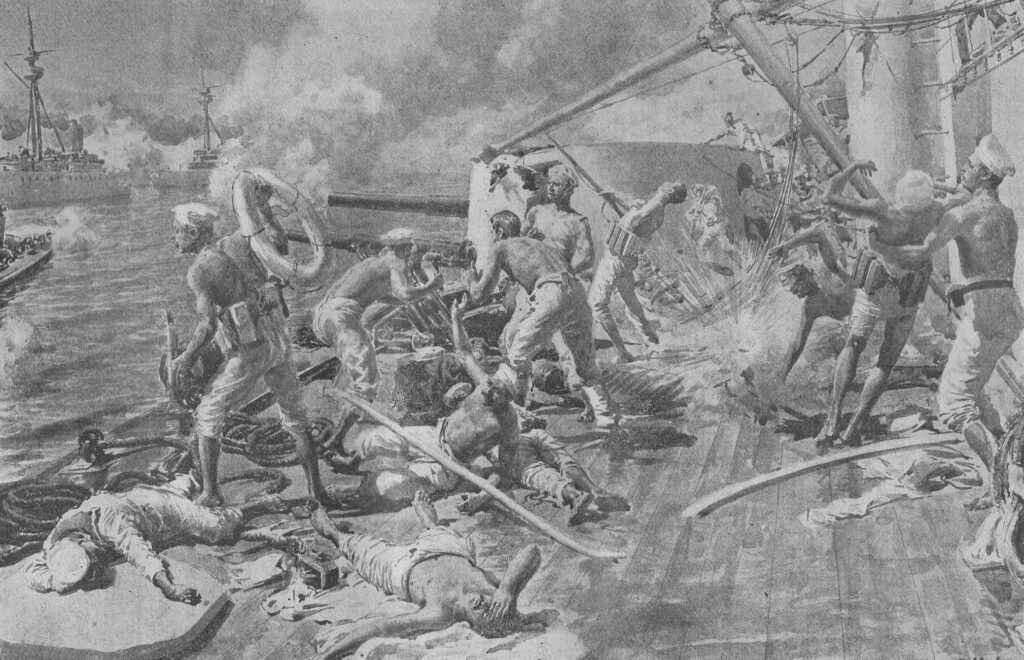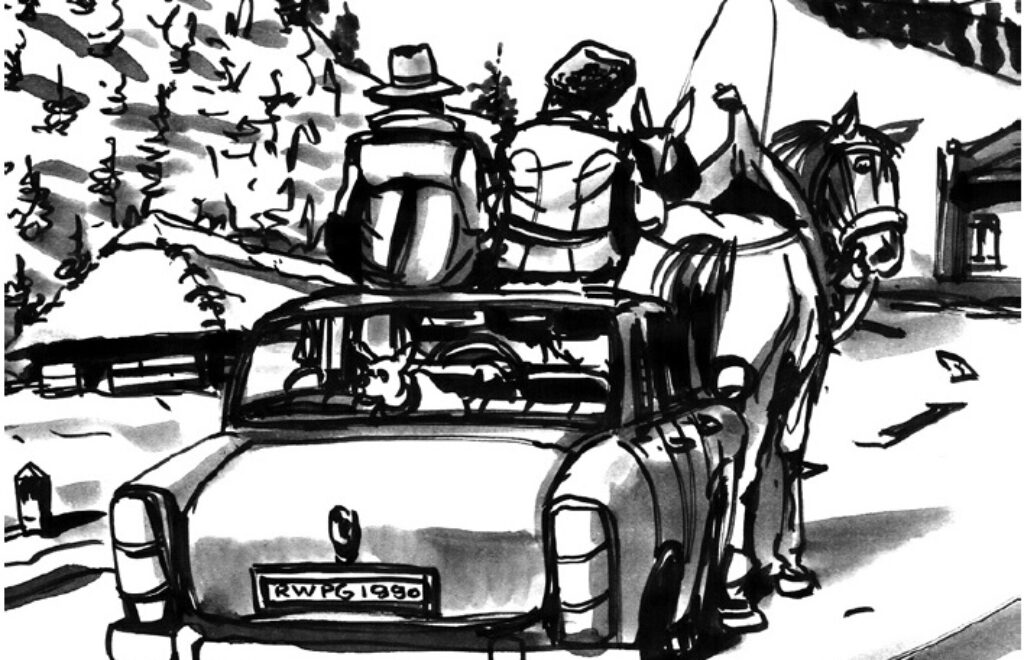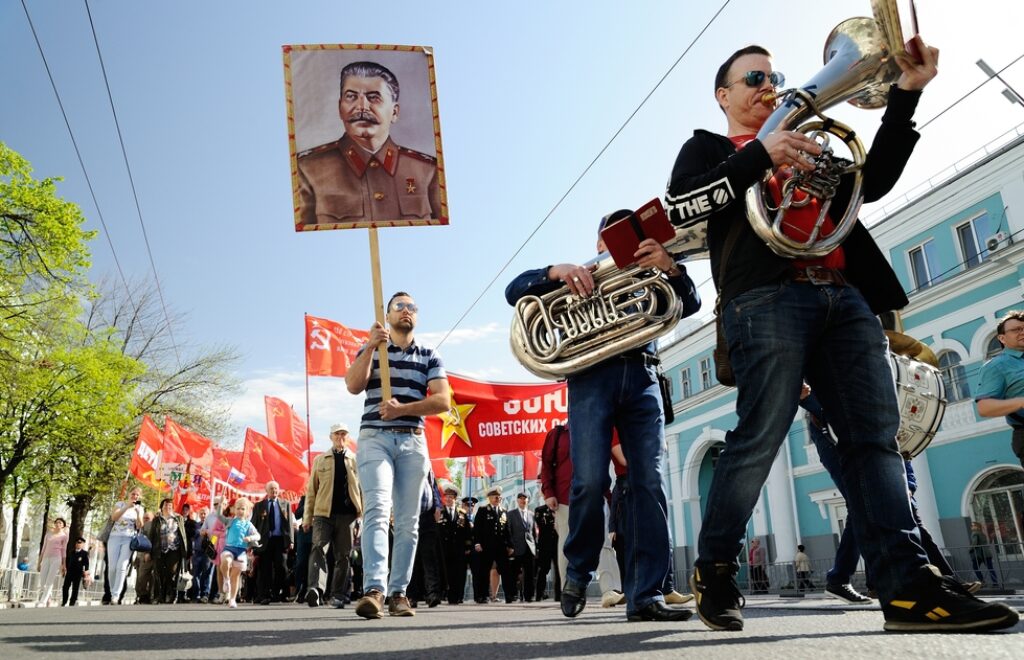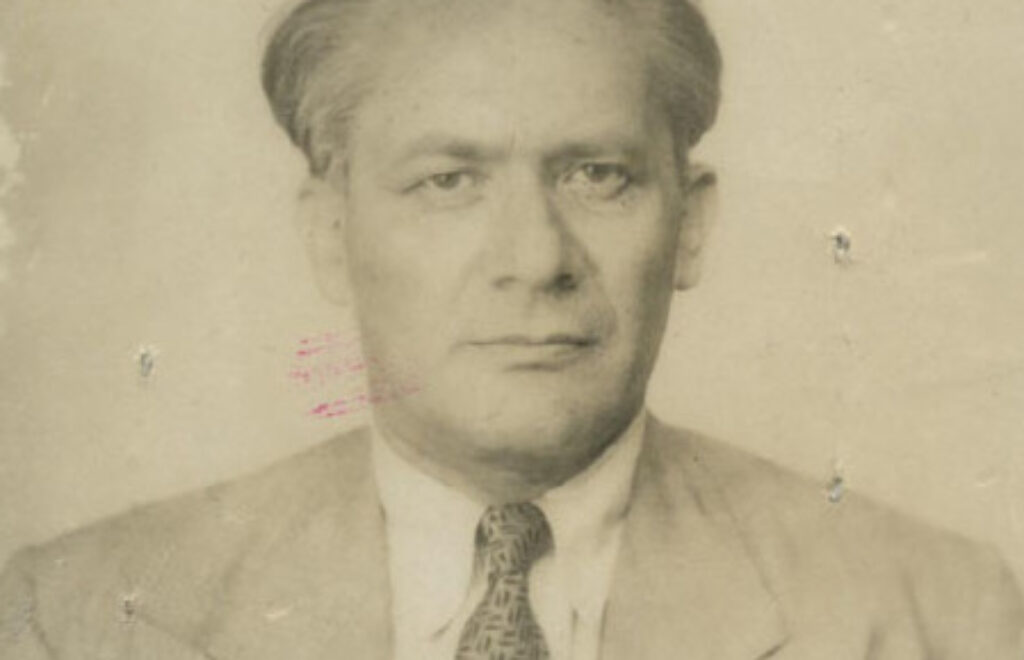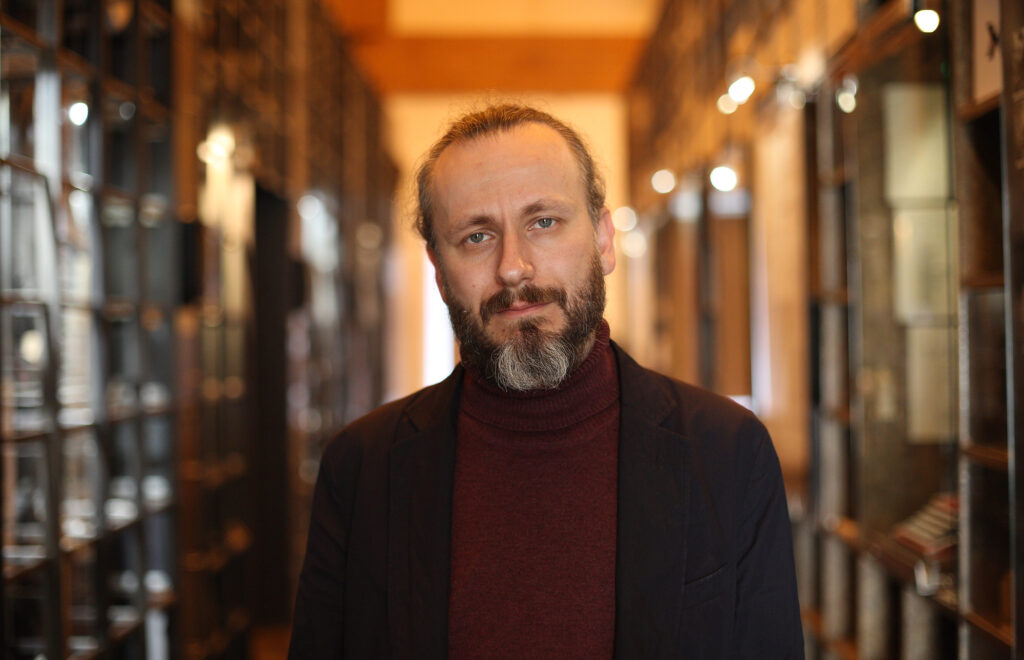Geopolitics, history and memory games. Jumping from the 20th to the 21st century
On June 28th 2005 the Warsaw-based Batory Foundation organised a conference titled “Memory and Foreign Policy”. During this event, Bronisław Geremek, a historian and Poland’s former minister of foreign affairs, asked a question as to whether collective memory is part of foreign policy. His answer was the following: "I think it is a part of international relations, for example when governments protest when national dignity is attacked. Of course, it is a part of international negotiations, for example to open access to archives … but all this is only marginal in foreign policy.” We shall see whether this marginality of memory is true today.
February 15, 2023 - Georges Mink



